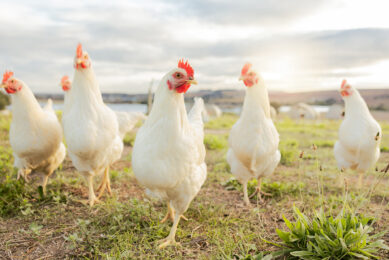New yeast for ethanol developed
A new yeast that makes ethanol from both 5-carbon and 6-carbon sugars without needing oxygen has been developed by an Agricultural Research Service (ARS) scientist.
This could be an important breakthrough in industrial ethanol production, because it’s difficult to control oxygen levels as yeasts ferment sugars into ethanol. The new yeast strain would help alleviate this problem.
Producers already make grain ethanol by using yeast to ferment 6-carbon plant sugars like glucose. But cost-effective production of cellulosic ethanol will require using both 6-carbon and 5-carbon sugars in the process.
ARS molecular biologist Stephen Hughes developed the first yeast strain that doesn’t require oxygen to grow on xylose, a 5-carbon plant sugar. Hughes works at the ARS National Centre for Agricultural Utilisation Research in Peoria, Ill.
The new yeast doesn’t directly convert large quantities of xylose into ethanol. Instead, xylose provides energy the yeast needs to grow and reproduce without oxygen. This means that the glucose that might have been used by the yeast to grow and reproduce is now available for fermentation, and the rate of ethanol conversion increases.
To begin this research, Hughes developed a yeast strain containing a gene that makes an enzyme for converting xylose into ethanol. He added another gene to the strain so that the yeast could metabolize the xylose more efficiently.
Then Hughes created 6,113 different yeast strains that contained both genes, and screened all of the strains for traits for enhanced ethanol production. He found 7 strains that were able to convert both glucose and xylose into ethanol without oxygen.
But the 7 yeast strains had relatively low rates of xylose fermentation, so Hughes and his group screened the strains for genes that could step up xylose’s contribution to ethanol conversion in other ways. They found 5 genes associated with the enzyme that converts xylose into ethanol, and confirmed that these 5 genes play a critical role in yeast cell growth.
This research has been published in the August 2009 Journal of the Association of Laboratory Automation theme issue on biofuels research.
Source: Agricultural Research Service, USDA
Join 26,000+ subscribers
Subscribe to our newsletter to stay updated about all the need-to-know content in the feed sector, three times a week. Beheer
Beheer









 WP Admin
WP Admin  Bewerk bericht
Bewerk bericht